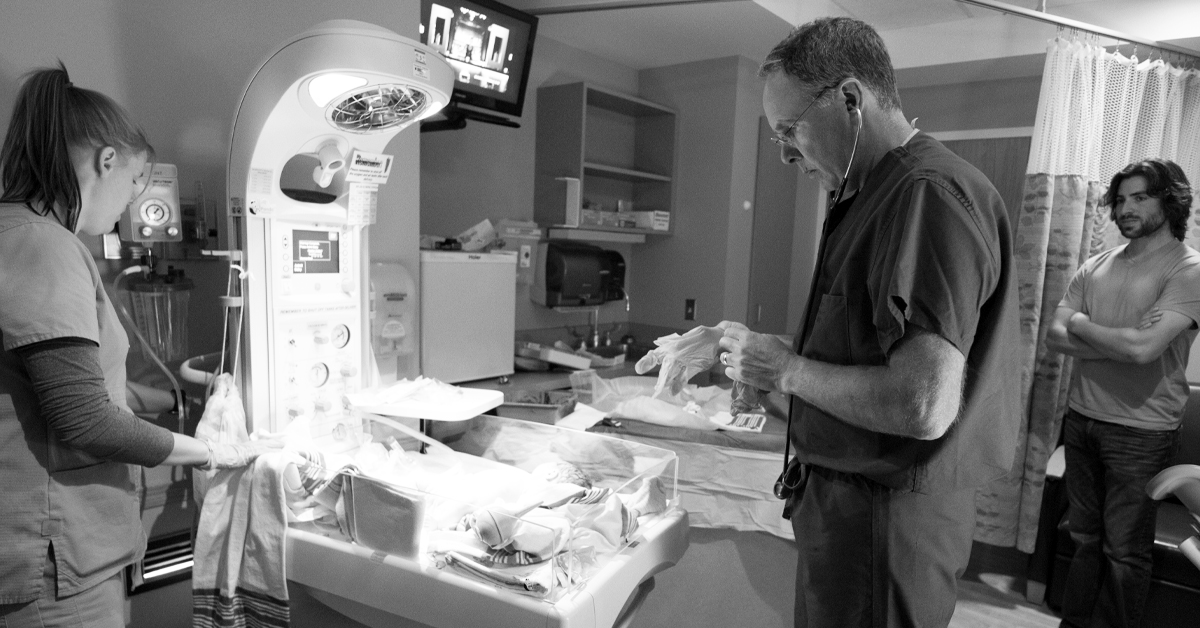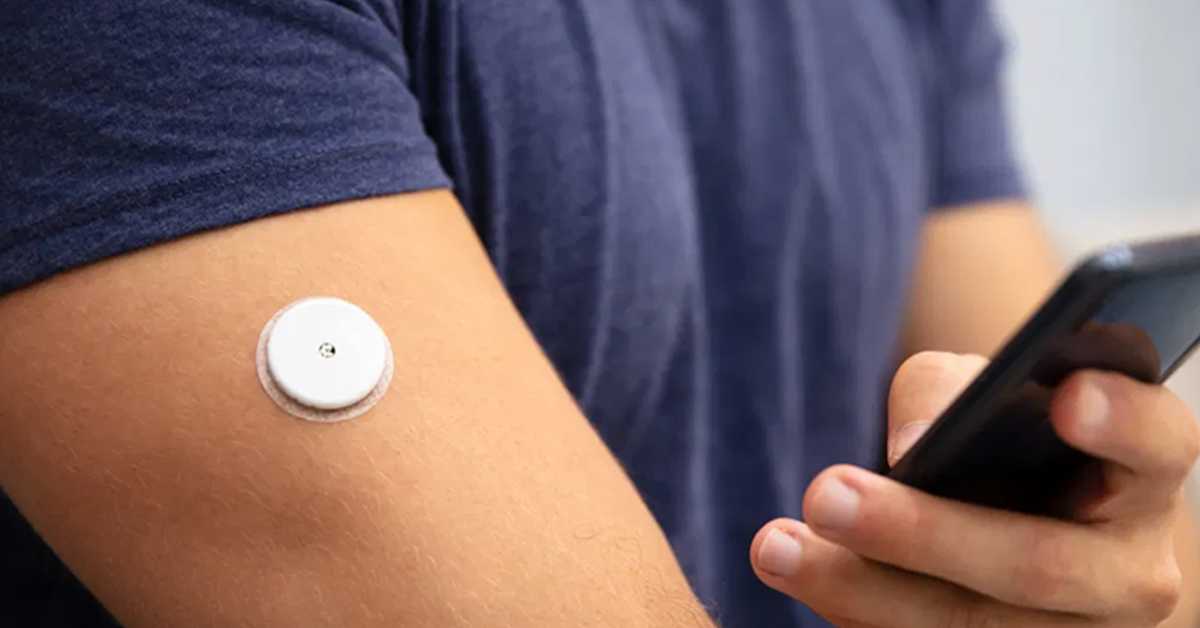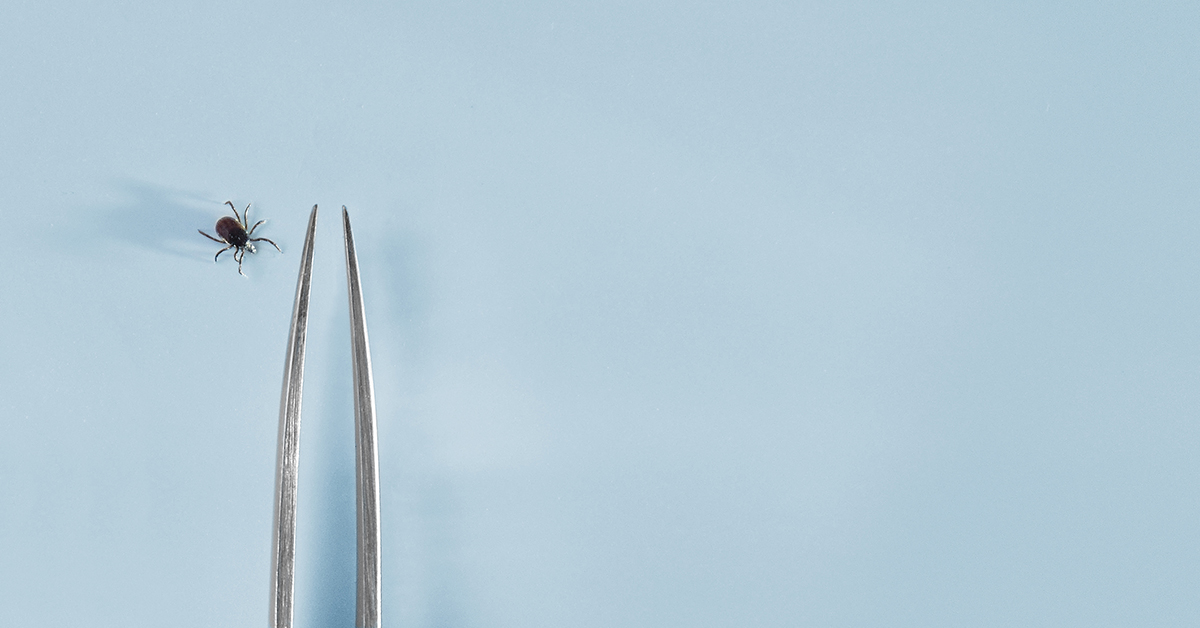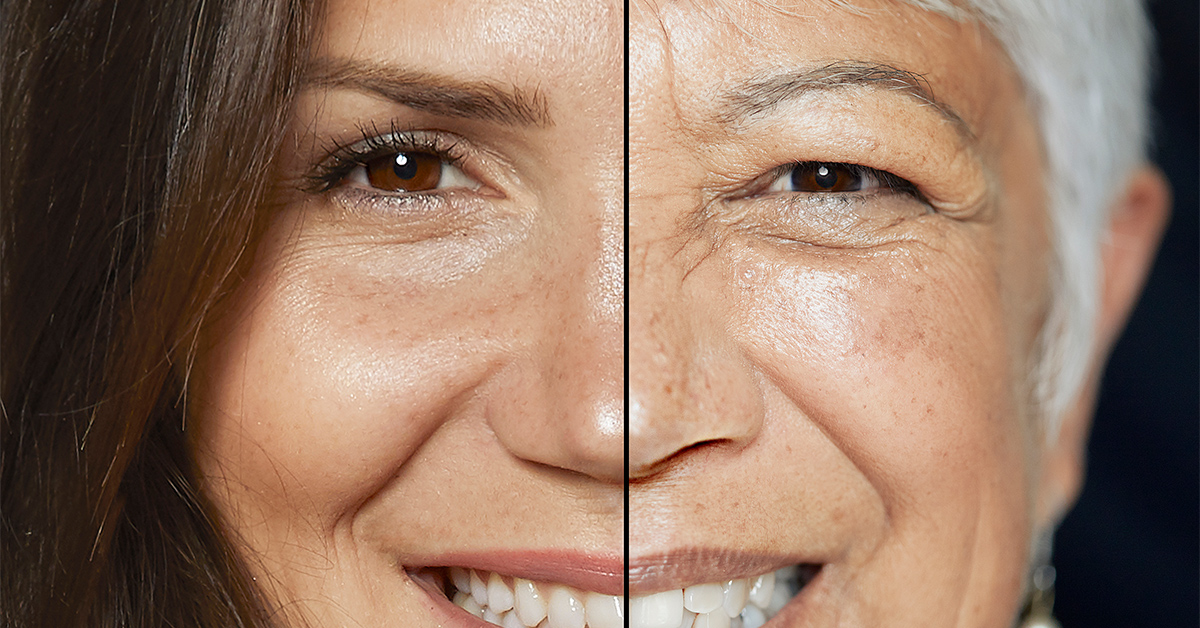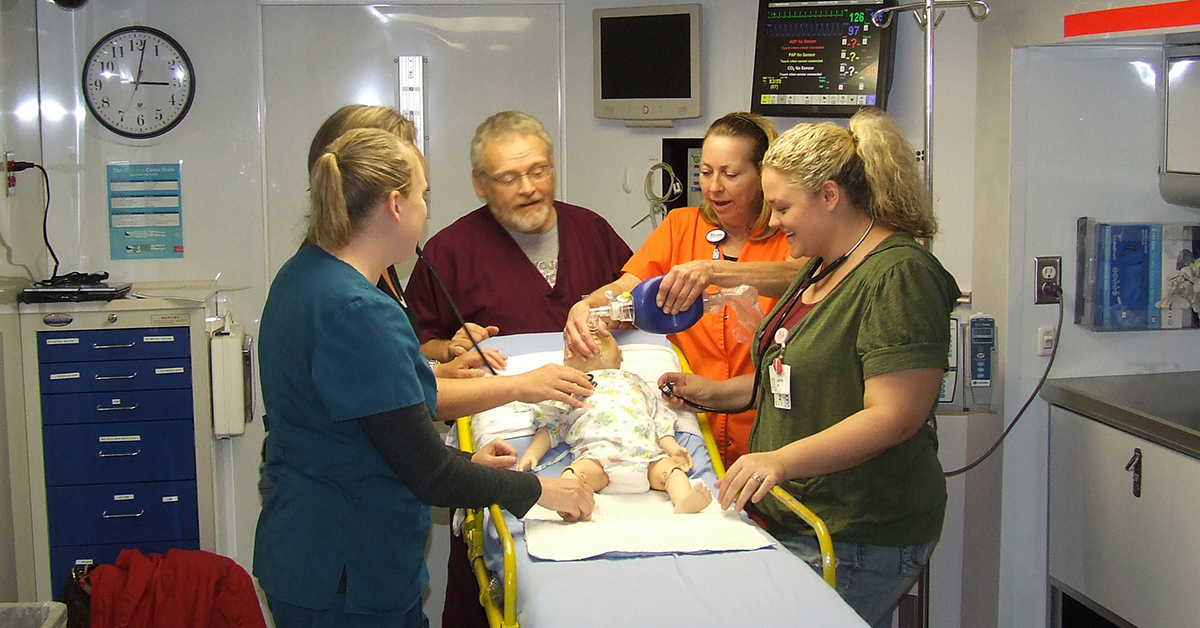In July 2022, Dr. Peter Donner announced he was retiring from Welia Health in February of 2023. As February approaches, seemingly more quickly every day, he reflects on his story and has these words to add.
“In the last couple of months, many patients are coming in knowing that this will likely be their last visit with me; some really have no medical reason but scheduled an appointment just to say goodbye. I am struck by the heartfelt thank-yous expressed and the genuine tears on many faces. I am humbled by this response from my patients and would like them to know that it is I who should be thanking them for entrusting me with their care and for sharing their lives with me.”
Reflecting on his career and life ahead
As a 15-year-old high school sophomore, Pete Donner considered his strengths:
- Math and science
- A strong desire to help people
- A demeanor that made people comfortable and instilled trust
Reflecting on those fundamentals highlighted a clear path to pursue a career as a physician. Growing up in Mahtomedi, then a small town, convinced Donner he wanted to live and work in a small community, and family medicine was the best fit.
Now, after 35 years as a small-town doctor, in the community, Dr. Donner is retiring in February.
Dr. Donner moved to Mora in 1987 after completing his residency at what is now Regions Hospital in St. Paul. He discovered the small town of Mora as a third-year medical student at the University of Minnesota-Twin Cities. Donner participated in the Rural Physician Associate Program (RPAP) at what was then Mora Medical and Kanabec Hospital, now Welia Health.
The RPAP program is a nine-month rotation at a rural health facility where a student works alongside their mentor, learning and observing the full scope of care from newborn deliveries to the elderly. Drs. Larry Brettingen and Terry Thiel were Donner’s mentors. Dr. Brettingen mentions Dr. Donner in his book, A World-Famous Humble Country Doctor Wannabe, recounting how at least two of his mentees later joined his and Dr. Thiel’s practice, Dr. Donner being one of them.
Donner eventually became a lead physician of the group and represented the practice when they later joined the mega clinic group, Allina. A full-circle a-ha moment, Dr. Donner became Dr. Brettingen’s family doctor later in his life.
“In addition to practicing medicine, Dr. Brettingen showed me how to ask the sensitive questions in a way that doesn’t upset people and instead builds trust,” said Donner. “He taught me how to be a mentor and teacher, leading by example and experience.”
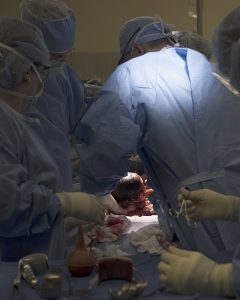
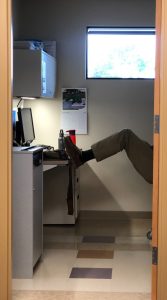
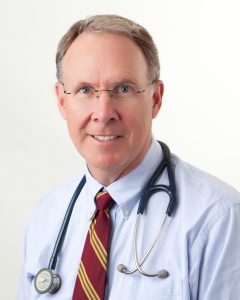
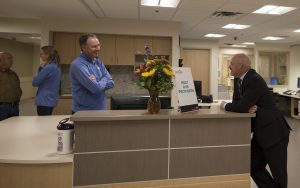
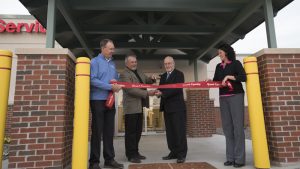
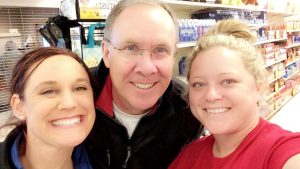
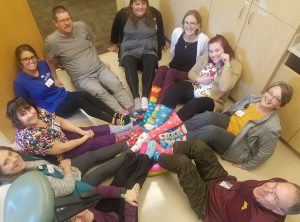
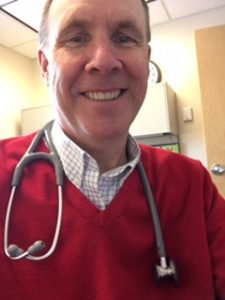
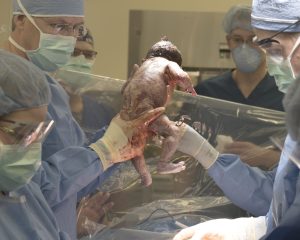

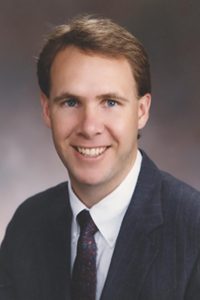
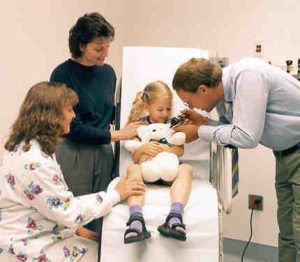
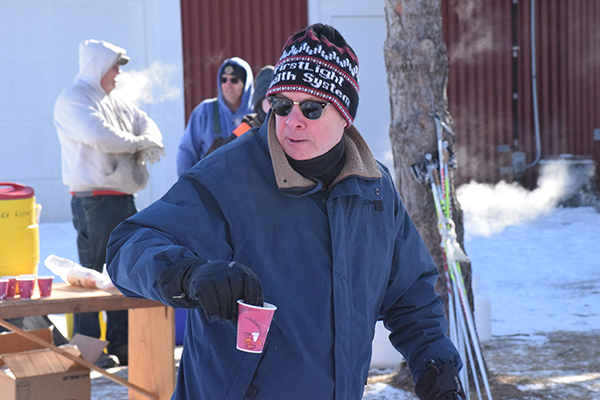
Throughout his career, Donner mentored 32 medical students through RPAP, including Welia Health emergency medicine physician Dr. Jessica Olen. In June 2021, Dr. Katie Kroschel took over for Donner as the preceptor for RPAP, which honored Donner for his long-time service.
And now, Donner has new people to inspire, teach, and influence: four granddaughters, all under four years old.
A different kind of busy
Donner is looking forward to what he calls “Grandpa Duty.” He and his wife Joan recently moved to Corcoran, a small community in the western suburbs of the Twin Cities. The town is nicely located between both cities where his daughter, Kirstin, and son, Matt, live with their families.
In addition to dedicated family time, Donner and Joan are excited to travel. The pair have a love for travel, most recently to Africa and to many national parks. They are eager to return to the west coast, particularly to northern California, Oregon, Washington, and Minnesota’s Boundary Waters.
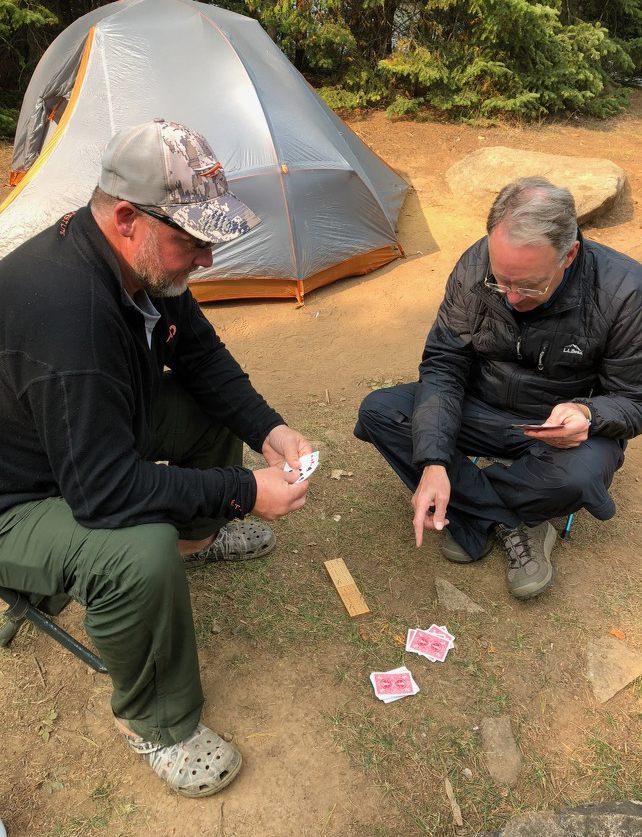
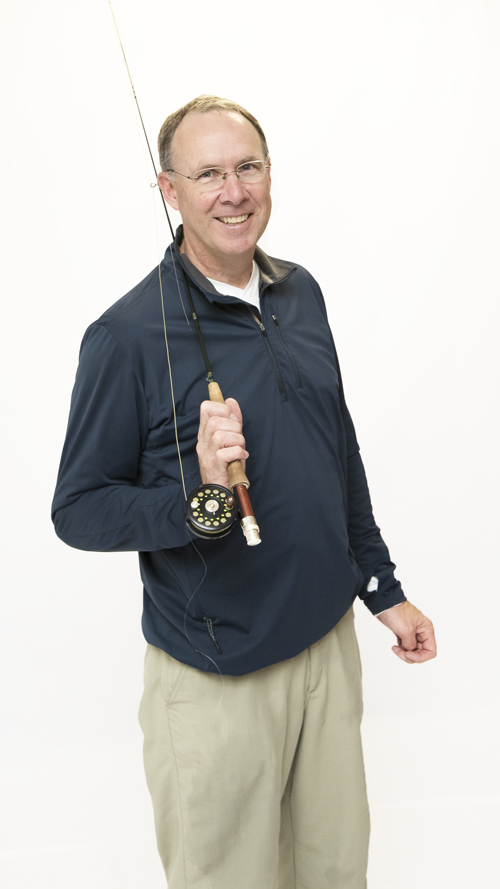






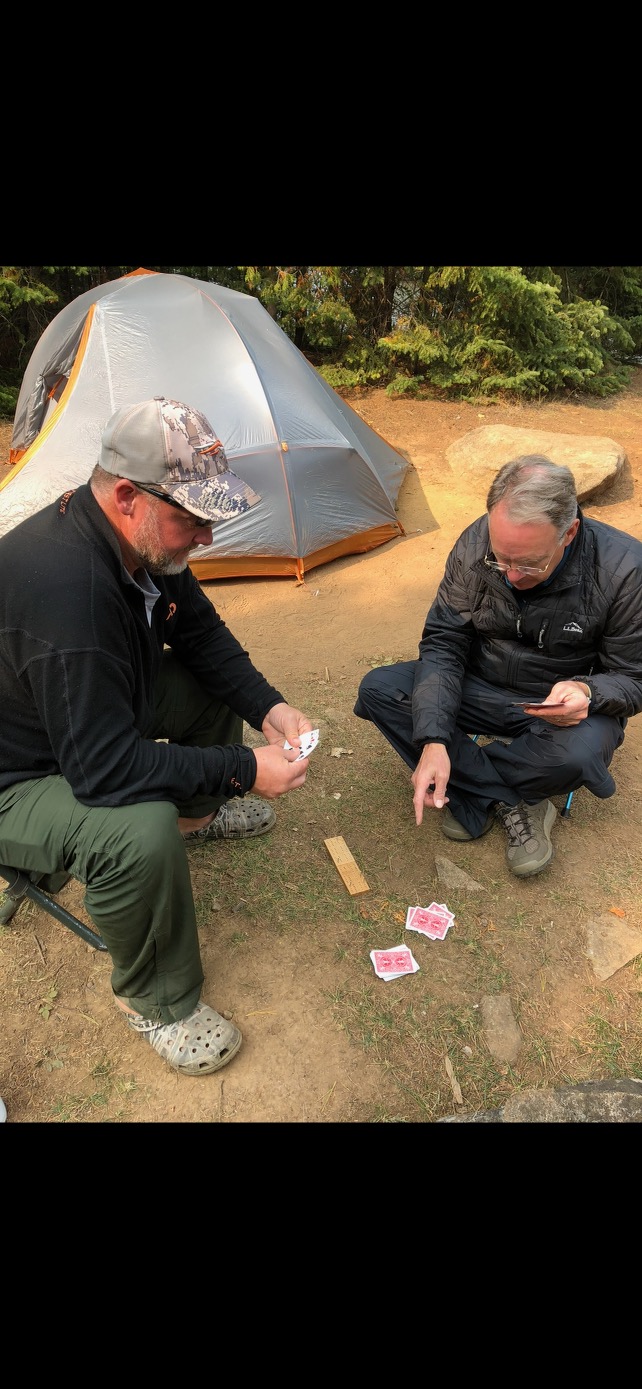

“I plan on doing a lot of fly fishing, golfing, biking, and cross-country skiing,” said Donner. “Being active in nature is one of the best ways to reduce stress and find joy – it’s good for the mind and soul. Physical activity prevents coronary artery disease, cancer, and pretty much all chronic illnesses. So much of what we see in the clinics happens because of lifestyle and stress. If people could just get outside in nature more, the better off they’d be.”
Reflective but ready
Dr. Donner has a knack for connecting with patients in the exam room and the interpersonal rapport of those interactions; it’s what he’ll miss most. Over the years, he has enjoyed the scope and variety of his medical practice: surgeries, pediatrics, hospitalist, obstetrics, and more.
As he reflects on more than three decades as a physician, he marvels at how much has changed. While he has a love-hate relationship with technology when it comes to charting and communications (“there’s a delicate balance between enough and too much information”), he’s all in when it comes to advances in cardiac care.
“When I started in medicine, a heart attack would put you in the hospital, and we’d have people rest and recover, and then we’d send them on their way,” said Donner. “Now, patients go to a Cath Lab, where their blood vessels are opened, saving the heart muscle and decreasing the incidence of heart failure. Thanks to catheterization and stenting, we’ve seen a dramatic reduction in bypass operations.”
Donner feels fortunate to have witnessed these advances and their impact on the lives of his own patients here in rural Minnesota. He’s thrilled to see newer stenting procedures and revascularization now happening in stroke management as well.
One stands out when considering all the memorable stories collected over the years. A pregnant patient came into the hospital at 34 weeks, bleeding. She was experiencing a placenta previa, which happens when the placenta covers the cervix inside the womb.
The baby’s heart rate was only 60 bpm; it should have been around 140. The patient needed an emergency c-section, but the hospital’s one anesthetist was in general surgery and would be another two hours.
“We had to do the cesarean using Novocaine,” said Dr. Donner. “We numbed the skin, cut through to her belly, numbed up a few more sensitive layers, and then delivered the baby. Once the baby was out, we applied pressure to the wound to stop bleeding, and when an anesthetist was finally available, general anesthesia was used to finish the procedure.”
In the end, both the mother and the baby recovered without complications. Innovative thinking in emergency situations like that kept Dr. Donner sharp, as did mentoring new physicians. But throughout his career, patient satisfaction was what mattered most.
“In medicine, we’re measured on all sorts of metrics, but I always cared most about patient satisfaction,” said Donner. “I wanted my patients to trust me, to take my advice, to enjoy their conversations with me, and build a connection. I wanted to be known as a benevolent physician to my patients and colleagues.
Donner believes that in a community, particularly a small one, you need many people and many skill sets. His role as a doctor was to care for people’s health and give advice. But in addition to that, he has been named a coach, mentor, friend, dad and husband. Those things still matter significantly to him, but he’s ready for his new life with his new additions, namely, Mila, Gabriela, Isabelle and Madeline.
In the final moments of the interview, we asked Dr. Donner a few more questions. Here is how he answered.
Advice for new providers
- Be a good partner: If you want people in your group to have your back, you need to be a good partner. When you need a day off or time with your family, good partners will help you out.
- Practice medicine to do the right thing, not avoid disaster: Do what needs to be done, but don’t cover your backside by doing extra tests. Defensive medicine, or making decisions to avoid a lawsuit, happens all too often.
- Take care of yourself: Burnout is real. Make sure you’re taking time to care for yourself, so you can care for others.
- Teach students: You have to stay on top of your game and continue learning new skills. So, mentor medical students as often as you can.
The one thing you’d tell your younger self
Trust your gut. Every time I didn’t, I regretted it. When something smelled wrong, it was wrong.
Life mantras
- Everything in moderation; work, play, food, alcohol, etc.
- Fly under the radar; don’t project superiority or wealth.
- Don’t contribute to – or cause – drama.


